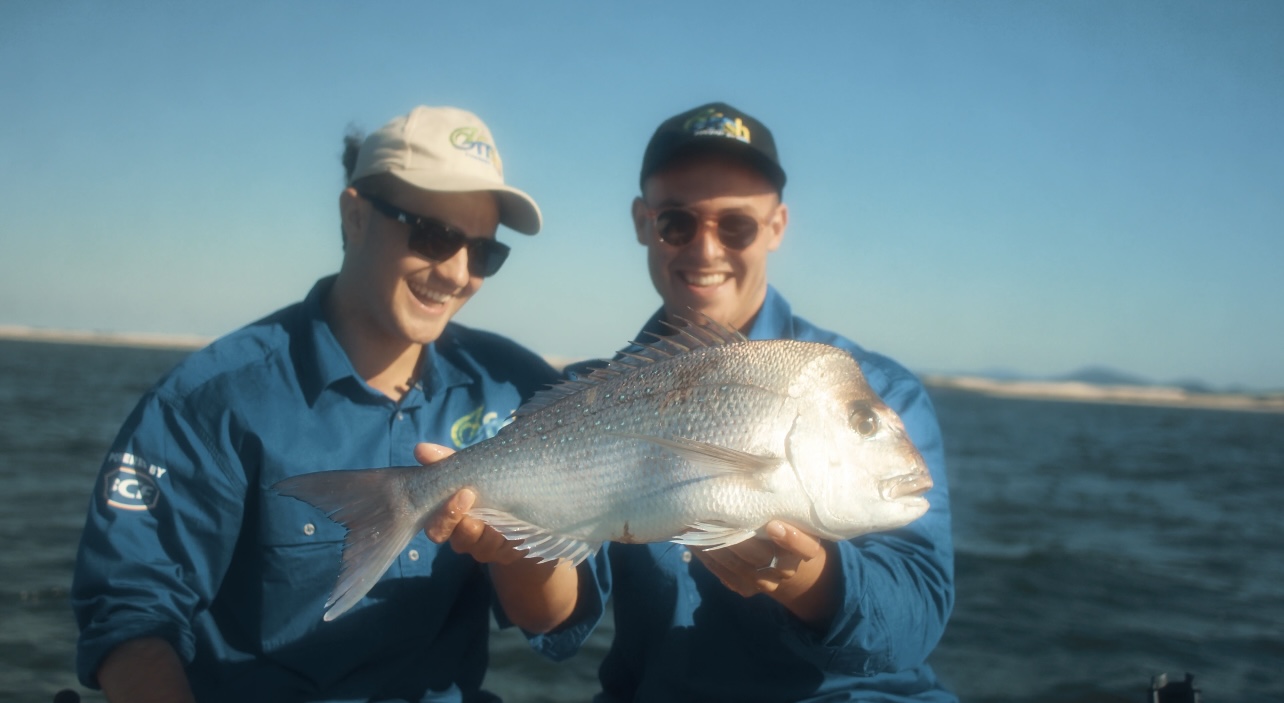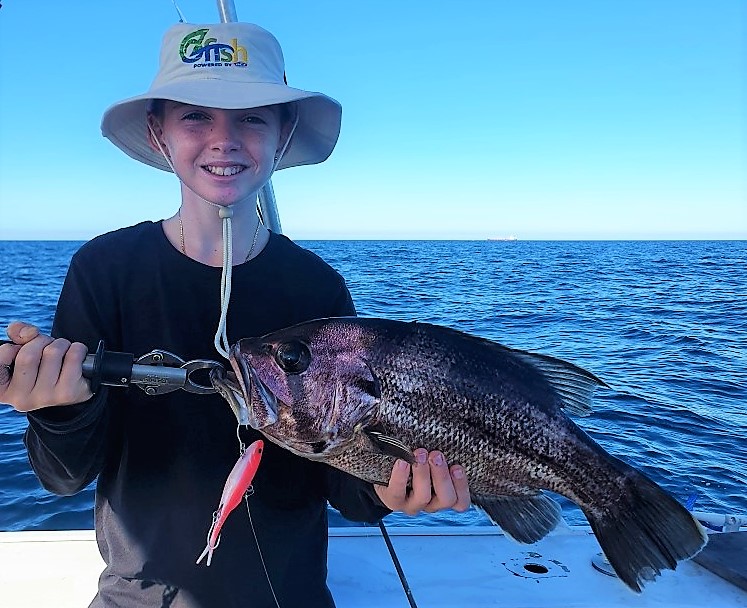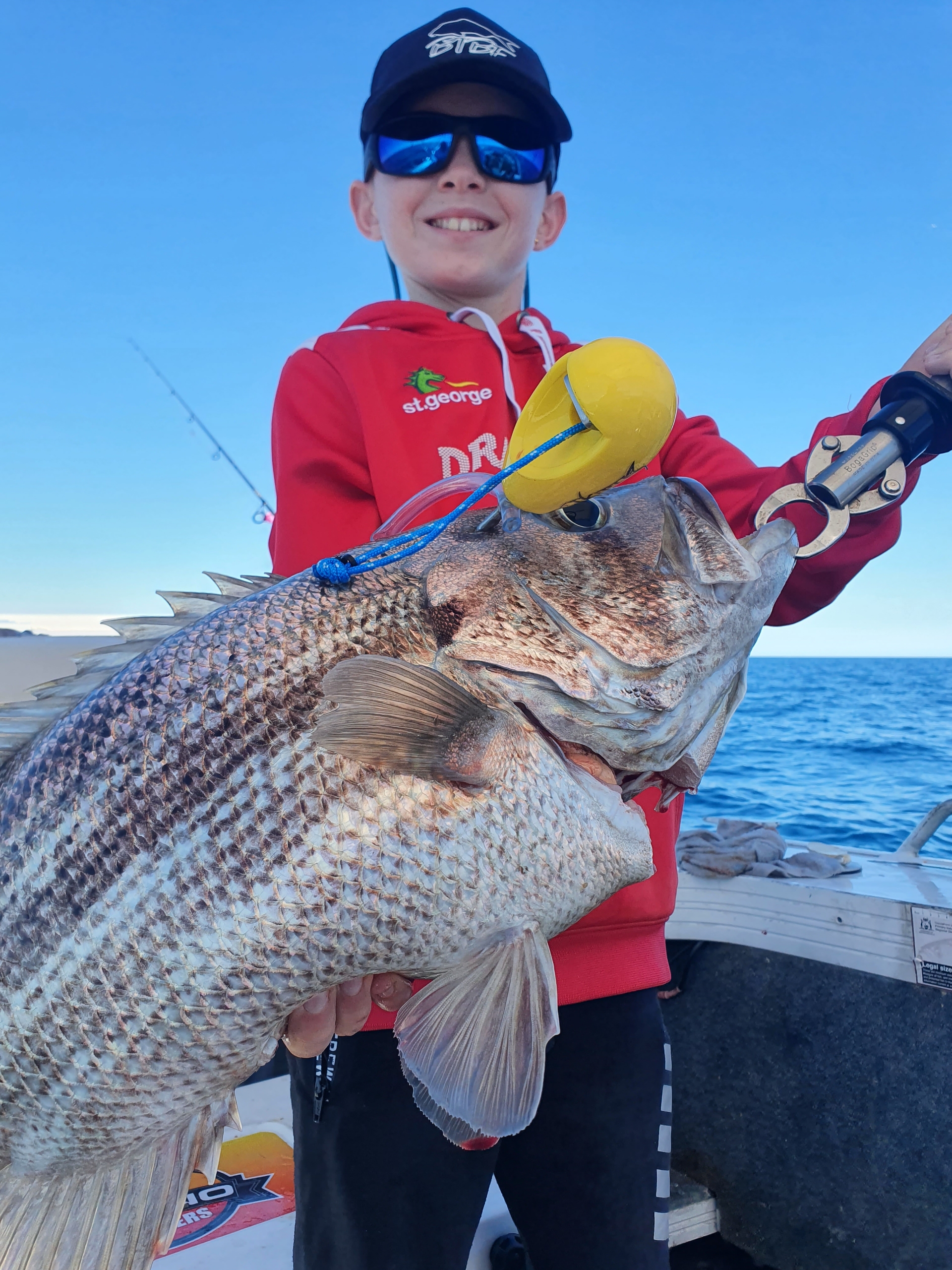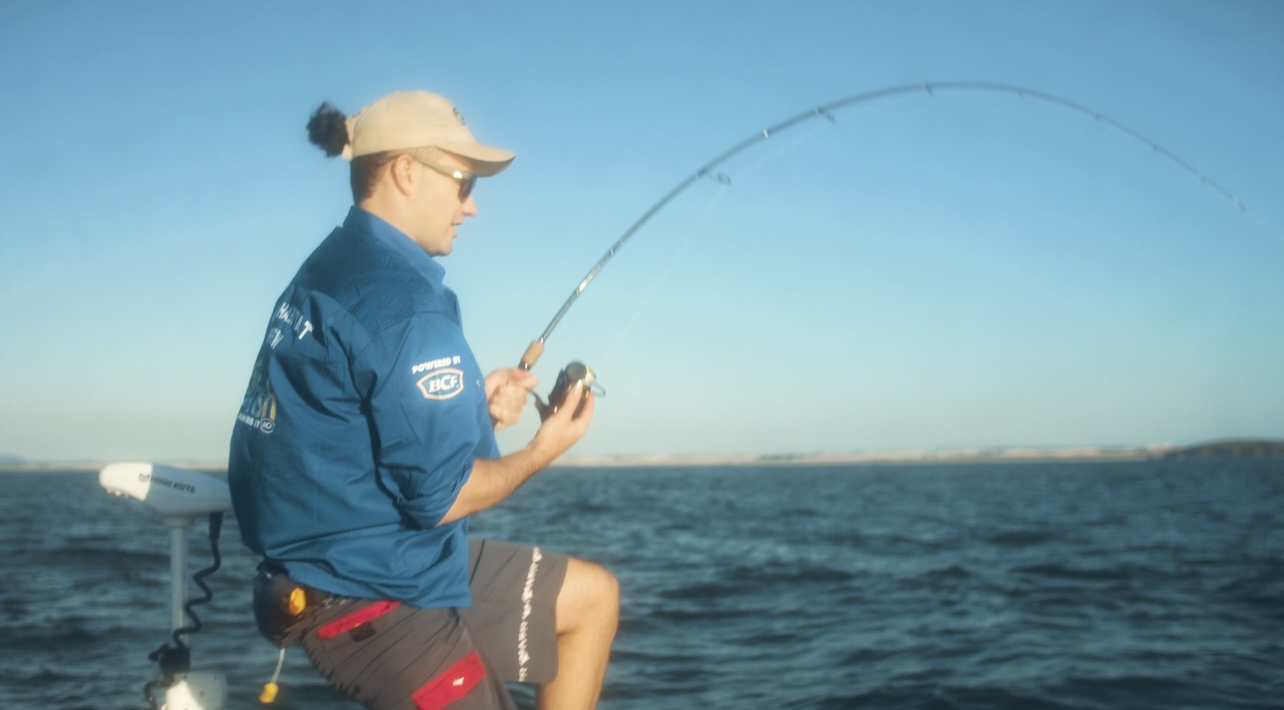How to Create The Ultimate Family Fishing Day This Easter
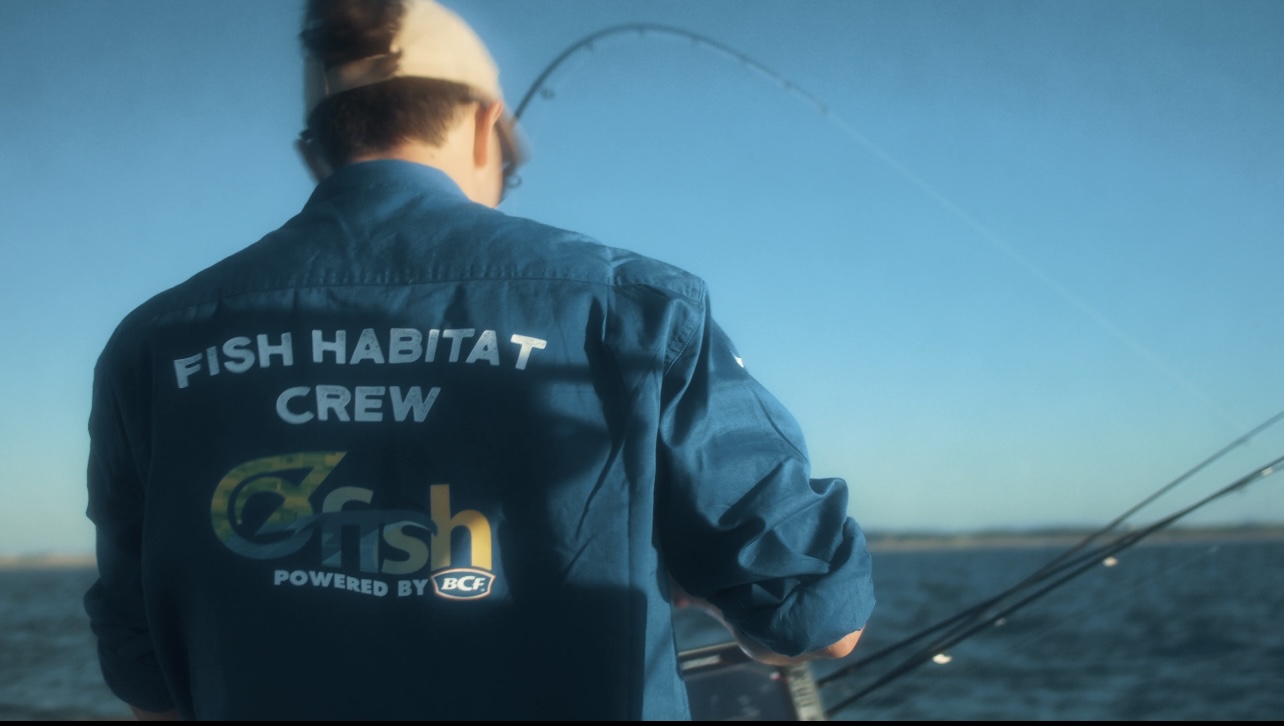
Fishing trips wear many hats. The hardcore strike mission for the PB barramundi. The post work sunset hour to unwind. Then there’s the family outing. This memory-maker is where kids learn so much. The passing of information.
The connection. The effort behind the meal. These outings are often the first-time adolescents realise fish habits aren’t supermarket shelves. Whether it’s pop, dad or mum showing the ropes, and knots, the goal is to make sure they have a fun time and get hooked. Here’s your lesson plan to make your young family’s day out is something they’ll cherish forever.
Lesson 1: Manage Expectations
Involve the kids in all areas of preparation, whether is buying the gear or getting it ready at home. Explain what everything is and how it works. Allow them to explore it all. Okay, kids do react to hooks in the same way dogs go, “Hell, yeah, I love bees.” However, it is smart to let them touch everything in a controlled environment. Once you’re travelling to the fishing spot, take the time to explain fish are whip smart. Smarter than most people. This means they may not always catch one but should keep trying. Explain fishing teaches patience, and possibly disappointment and is a chance to hear all your worst dad (and mum) jokes.
Lesson 2: Choose A Setting
The tailor might be busting up off the local rock wall, but that’s a fishing experience that’ll leave kids about as happy as a penguin in a microwave. Rather choose somewhere with a low risk of injury and minimal snags, but a high chance of catching something. A sandy stretch of river is perfect and so are grassy outcrops or jetties. Jetties offer accessibility and convenience, plus they’re prime fish habitats. Where ever you choose, keep the bottom in mind. Snags might be the cost of doing business for the serious fisher, but they wreck the flow for youngsters. Less rig tying is better because their attention spans seldom last longer than a Bluey episode.
Lesson 3: Chase Low Hanging Fruit
When you’re a kid new to fishing, every fish you land is a PB. The more fish they catch, the more fun is on offer. Throughout Australia’s estuaries the bread-and-butter species like bream, flathead and whiting are worth targeting because they’ll take most baits. Since most reach a size range of 20-50cm, a light 2-4Kg fibreglass rod in about a 6-7ft length is perfectly suited. Match this with a 2500 size reel and 6-12lb monofilament line and you have a perfect entry-level combo to keep the kids entertained for hours. Buying a combo like this are very affordable from your local BCF stores and it’s a birthday present that can keep giving for years.
Lesson 4: Bated Breath
The humble prawn is a hot to trot morsel for most recreational species, with bream, flathead and whiting rarely passing it up. They can be a little stinky and fiddly, so squid is perfect for parents that would prefer minimal bait handling. Their firm flesh allows them to be galvanised onto the hook, even in the face of little pickers. And if you want to make an activity out of catching bait then a yabby pump can be great fun as they’ll feel like they’ve at least caught something. If these two baits aren’t doing the trick consider trying worms, pilchards, or mullet. Or at least drop into your local BCF for bait tips and tricks that may work in your local system.
Lesson 5: Be a Master Rigger
Keep it simple. Rigging the kids up for a session on the water shouldn’t involve the fiddle of double-unis or FG knots. Many great fish have been captured on the simplest of fishing rigs. Here’s the essentials: brass or crane swivels, size 1 baitholder hooks and a collection of small ball sinkers. Yes, fishing with braid is better, but it can be like learning to drive in a Ferrari. Stick to the simple stuff and give them something to level up to in the future.
Lesson 6: Plan Ahead
Check the weather and tides. Know what to expect and abandon the idea if its blow-a-goat-off-a-chain windy. First experiences are often the most influential so make them as positive as possible. Take snacks and drinks so they’ve got something to break up the experience. And if they’ve got energy to burn, stop and play a game, or encourage them to explore the area (while staying within sight) to tire them out at which point they may want to return to fishing. An hour is a good expectation and will keep them engaged even if you don’t catch much.
Lesson 7: It’s All About Them
Don’t expect to fish the way you would with your hardcore fisher friends. Fishing with the kids is not a set and forget activity. You’re not in co-pilot mode – you are the pilot. This is not only due to water safety, but because they’ll need guidance on when to strike, how to reel in a fish or fix a bird’s nest reel bunch up. Plan to sit with them and you can possibly leave a spare rod out. This gives you the chance to strike your rod and let them reel it in. Do this and you’ll soon appreciate why it’s better to give than receive because they’ll be beaming when they reel in a fish that’s a team effort.
Lesson 8: Show Fish Conservation Practises
Kids may never do what you say, but they’ll always do what you do, so be an impeccable role model. They’ll be watching what you do with your litter and see if you’re willing to pick up other people’s trash. How you treat the fish, and the environment are the most important lessons you can teach. Use the best practises because they may be distressed at hurting an animal and you can still take photos if they don’t want to keep the fish. They’ll always remember those moments, especially when they can be proudly shared with the friends and family who couldn’t be with them on the great day out.
Fishing with family is one of the most rewarding activities every child should enjoy. It teaches youngsters to develop a deep connection with nature in a relaxed setting. As the adult, you’re both aligned to a singular goal and are at the mercy of nature. This shared experience is one of the most powerful bonding experiences you can offer, so make sure you’re calm if you don’t catch fish and good natured when do. Mistakes will happen. Big ones may get away. Keep it all positive. Show your commitment to patience and you will create life long memories. This will help foster a love of fishing that can be passed onto the next generation.
Credit: Ray Klerck

